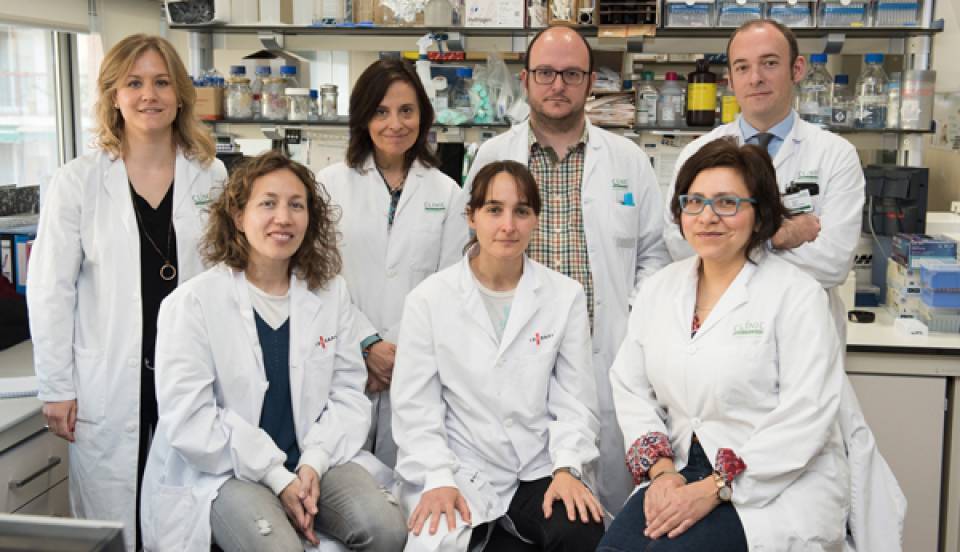Prostate cancer is the second most common type of cancer worldwide. About 5% of patients debut in the disease with metastasis, and those with a localized disease can present metastases over time. Taxanes are the most active chemotherapeutic drugs and increase survival of patients with metastatic prostate cancer resistant to castration, but not all patients respond to this therapy.
Recent studies have shown that a genetic alteration, TMPRSS2-ERG, is associated with resistance to treatment with such drugs. Knowing in advance whether or not a patient is resistant to this treatment could be helpful to choose the best treatment option from the onset. In addition, it is useful to identify subgroups of patients who might participate in studies with new targeted-therapies.
In the study published in the journal European Urology, researchers evaluated the presence of the TMPRSS2-ERG alterations in the blood of patients with metastatic prostate cancer and healthy people. The results show that 90% of patients in which the alteration was present do not respond to treatment, and an alternative therapy must be chosen. For aplying this finding in daily clinical practice it is necessary to validate this test prospectively in a larger number of patients. This validation study is currently being carried out in different hospitals in Catalonia under the coordination of the team in Hospital Clínic that has led this work.
"The detection of TMPRSS2-ERG in the blood of patients with resistant metastatic prostate cancer predicts resistance to taxanes, such as docetaxel, and may be useful for selecting the best treatment option and adapt it in order to avoid unnecessary toxicities in refractory patients," explains Dra. Mellado, coordinator of the study.
Referència de l’article:
TMPRSS2-ERG in Blood and Docetaxel Resistance in Metastatic Castration-resistant Prostate Cancer.
Reig Ò, Marín-Aguilera M, Carrera G, Jiménez N, Paré L, García-Recio S, Gaba L, Pereira MV, Fernández P, Prat A, Mellado B.
Eur Urol. 2016 Feb 29. pii: S0302-2838(16)00212-8. doi: 10.1016/j.eururo.2016.02.034.

